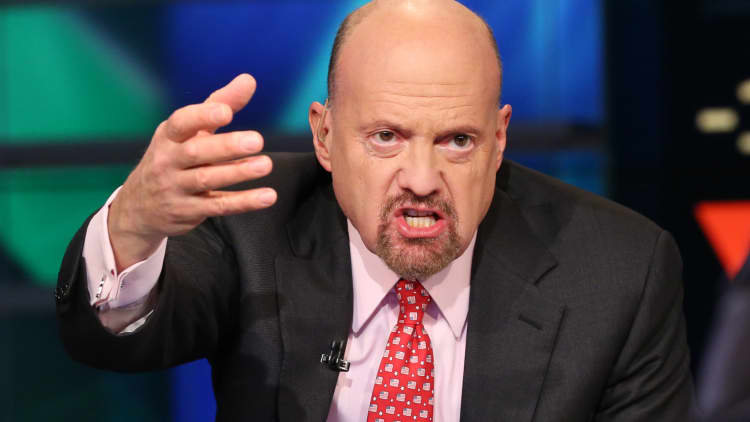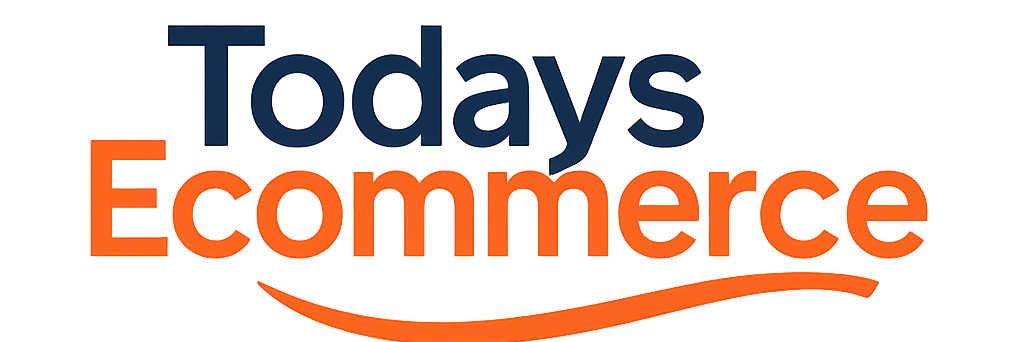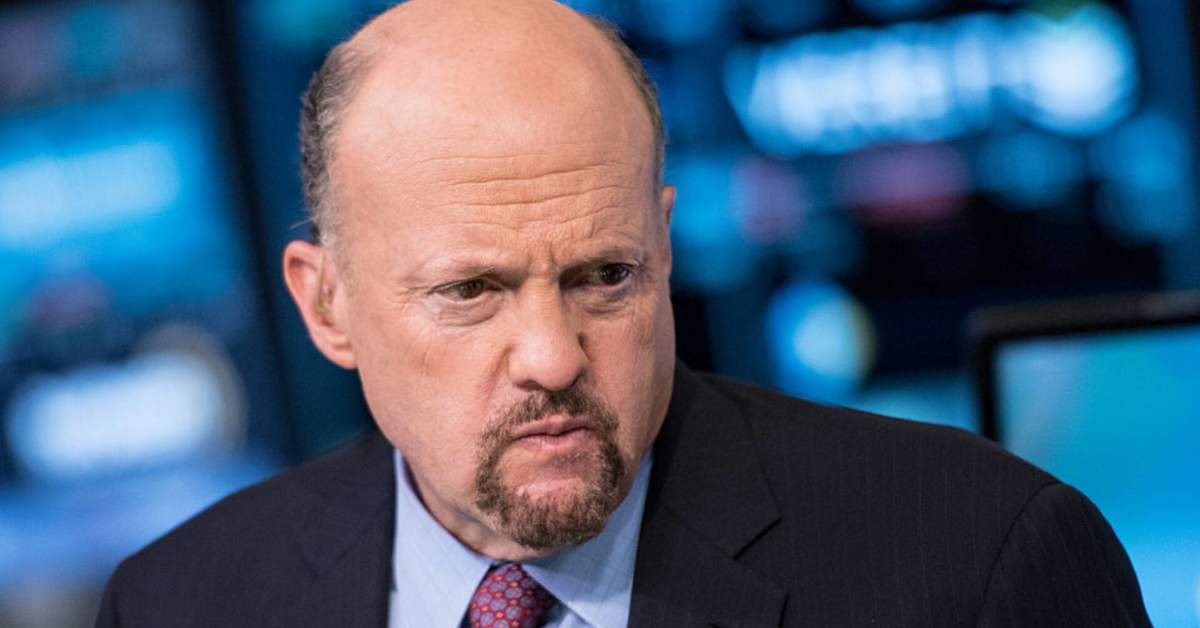The stock market experienced a remarkable surge in May 2025 when news broke of a temporary tariff reduction agreement between the United States and China. This diplomatic breakthrough transformed what many feared would be an escalating trade war into a more manageable commercial relationship, sending of optimism through Wall Street. Jim Cramer, the renowned CNBC host and investment strategist, witnessed his carefully curated portfolio benefit tremendously from this geopolitical shift.
The agreement, reached over a weekend in Switzerland between U.S. and Chinese officials, represented a significant departure from the confrontational trade policies that had dominated recent months. Secretary Scott Bessent and U.S. Trade Representative Jamieson Greer led the American delegation in negotiations that would temporarily slash tariffs for 90 days while both nations worked toward a more comprehensive trade arrangement. This development marked what Cramer described as a transition “from being enemies with China to being adversaries,” emphasizing the crucial distinction between uncontrolled hostility and manageable commercial competition.
The market’s response was immediate and dramatic. The S&P 500 climbed nearly 2.5%, while the Nasdaq surged more than 3%, reflecting investor confidence in the potential for sustained trade cooperation. Technology stocks, which had been particularly vulnerable to tariff concerns, led the charge with Apple jumping 6.2% and contributing to a 5.9% rise in the Philadelphia Semiconductor Index. This rally extended beyond tech into industrial and banking sectors, creating a broad-based market advance that validated Cramer’s strategic positioning.
AI Chipmakers Lead the Charge
The artificial intelligence sector emerged as the biggest winner in Cramer’s portfolio during the China tariff relief rally. Broadcom and Nvidia, two cornerstone AI chipmakers, each gained 4% on the day of the announcement, representing some of the portfolio’s most significant gains. These companies had been particularly vulnerable to trade tensions due to their reliance on global supply chains and Chinese manufacturing partnerships.
Nvidia’s performance was especially noteworthy given its dominant position in AI chip manufacturing. The company’s stock surge reflected investor confidence that reduced trade barriers would facilitate smoother operations and potentially open new market opportunities in China. Broadcom similarly benefited from the expectation that semiconductor trade would normalize, allowing for more predictable revenue streams and supply chain management.
The rally in AI stocks extended beyond pure-play chipmakers to include derivative beneficiaries. Companies providing essential infrastructure for AI operations saw substantial gains as investors recognized the interconnected nature of the artificial intelligence ecosystem.
Power Management and Infrastructure Plays

Eaton and Dover emerged as standout performers among industrial stocks, gaining 3.5% and over 4% respectively during the rally. These companies represent critical infrastructure providers for the modern data center economy, supplying power management solutions and thermal connectors that enable energy-intensive AI operations.
Eaton’s power management systems are essential for data centers requiring reliable, efficient energy distribution. The company’s strong quarterly earnings performance prior to the China news had already positioned it favorably, and the tariff relief provided additional momentum by reducing potential supply chain disruptions.
Dover’s success story included strategic expansion through acquisition. The company utilized its cash reserves to acquire German firm Sikora, specifically to enhance its data center operations capabilities. This move, combined with the improved trade environment, positioned Dover to capitalize on the growing demand for thermal management solutions in AI infrastructure.
Meta Platforms: The Unexpected Beneficiary
Perhaps the most surprising winner was Meta Platforms, which surged 6.5% despite having no direct business operations in China. Cramer noted the apparent contradiction, stating that the move “makes no sense whatsoever” given Meta’s lack of Chinese operations, yet acknowledged the company’s significant revenue from China-related advertisers.
This performance highlighted the complex interconnections in global advertising markets. While Meta’s platforms remain blocked in China, many Chinese companies advertise on Facebook and Instagram to reach international audiences. The improved trade relations suggested these advertising relationships might strengthen, benefiting Meta’s revenue streams indirectly.
Cramer’s enthusiasm for Meta extended beyond the China impact, describing the stock as “simply undervalued” and expressing confidence in the company’s aggressive AI investments following strong quarterly results.
Life Sciences and Consumer Brands Benefit
Danaher experienced a nearly 4% stock increase, despite Cramer’s current reservations about the company pending CEO changes. The life sciences giant’s substantial Chinese business operations positioned it to benefit from improved trade relations, particularly in its bioprocessing segment, which showed signs of recovery in recent earnings reports.
Starbucks rounded out the winners with a 5.5% gain, reflecting the coffee giant’s significant exposure to Chinese markets. Despite disappointing quarterly results, the company’s Chinese operations had been performing better than expected even before the tariff relief. CEO Brian Niccol’s turnaround efforts received additional support from the improved trade environment, with Cramer maintaining his bullish stance on the stock.
The diverse nature of these winners demonstrates how trade policy impacts extend far beyond obvious sectors, creating opportunities across industries through complex supply chain and market relationships.

